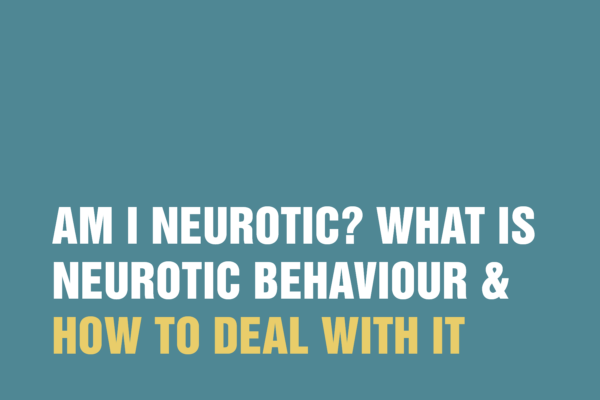Trauma is most often associated with a traumatising event or experience, such as wars or accidents or violence, that causes extreme distress – and the effects of that experience can continue to haunt and torment the individual for months and years later.
However, there are other forms of trauma, where symptoms can be just as distressing and life-altering as single-event trauma. Complex trauma, or c-ptsd, can occur when an individual has been exposed over a period of time to persistent abuse, neglect, violence or abandonment, especially as a child. The person may have experienced multiple traumas, and the c-ptsd is often worse when the perpetrator was someone close to the child.
Causes of complex trauma
The causes of complex trauma, like most mental health conditions, are on a spectrum and range in severity and duration. A person with complex trauma may have been physically or sexually abused by a parent or relative over a number of years. They may have been the victim of sustained domestic violence. Often complex trauma can develop when the person felt overwhelmed, frozen with fear, and unable to escape – and this happened on a regular basis.
The causes of complex trauma can also be subtle. It could be that the child wasn’t given attention because the parents were busy or emotionally unavailable. The lack of being seen and heard for who you truly are, and the pain of not having your early needs met, can also be a factor leading to c-ptsd.
Symptoms of complex trauma
C-ptsd isn’t classified in the DSM-V, the manual psychiatrists use to diagnose mental health conditions. However, new guidelines from the World Health Organisation – which will come into effect over the next few years – have identified six factors relating to c-ptsd. The first three are in common with post-traumatic stress disorder (ptsd) symptoms.
- A persistent sense of threat. This may be real or imagined, but the feeling that a threat is always around the corner can make you hypervigilant, jumpy and easily startled.
- Re-experiencing the trauma in the here and now. Any reminder of the complex trauma to you can trigger an emotional flashback – where the current scenario is a replica of the old trauma. The current moment takes you right back to when the original event traumatised you.
- Avoiding any traumatic reminders – going out of your way to avoid being re-triggered – and may find yourself dissociating if faced with situations that remind you of your past.
The next three clusters of symptoms relate to c-ptsd and are described as ‘disturbances in self-organisation’.
- Difficulty regulating your emotions. Any extreme of emotions can make you touchy and over-react – with mood swings from anger to sadness to outrage.
- You feel bad about yourself. You may feel empty and worthless as a result of what happened to you. You may feel damaged and beyond hope of repair, and have incredibly low self-esteem.
- Difficulties in relationships. This is often what distinguishes complex trauma from other forms of trauma – especially if your c-ptsd emerged as a result of feeling neglected, abandoned and unloved growing up. In relationships – romantic as well as friendships – you may feel different from others, as though no one gets you, and so you don’t trust people. At heart you may feel unlovable. This can lead to behaviours such as pushing people away so that you abandon first before they abandon you, and sabotaging positive situations as a way of feeling that you’re in control.
How therapy can support complex trauma
The painful experiences from your past may have happened over a prolonged period. If you’re entering therapy to support your complex trauma then you’ll need to know that there won’t be any quick ‘fix’. A therapist can help you:
- Explore and identify ways you can feel safe in the world. Establishing a sense of safety is crucial for any therapeutic work to take place.
- Be in a reparative relationship. For complex trauma, when a damaged relationship was the cause of your symptoms, being in any relationship can be difficult. A weekly session with your therapist can bring up feelings about being in relationship, and those feelings can be held and worked on.
- Regulate your emotions. You can find ways to feel less triggered, or to recognise when you’re feeling triggered and having some alternative ways to respond.
- Create strategies to manage your flashbacks – including breathing and grounding techniques – so you’re not overwhelmed by them.
- Build your self-esteem. You can begin to separate from the events of your past and become the person you’d like to be.
If you would like to work through your complex trauma or traumatic childhood experiences with a trained and experience therapist, and begin to feel safer in the world, get in touch with us. We will match you with a suitable therapist who can help you. Contact our team by calling 020 8673 4545 or email [email protected] We have appointments available seven days a week at our centres in Tooting and Clapham.







